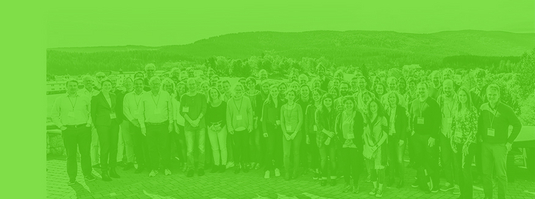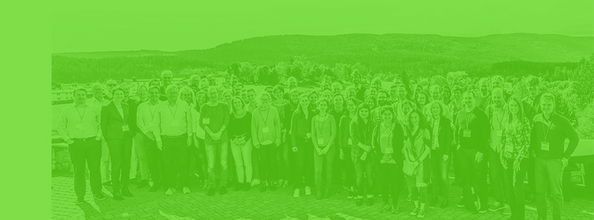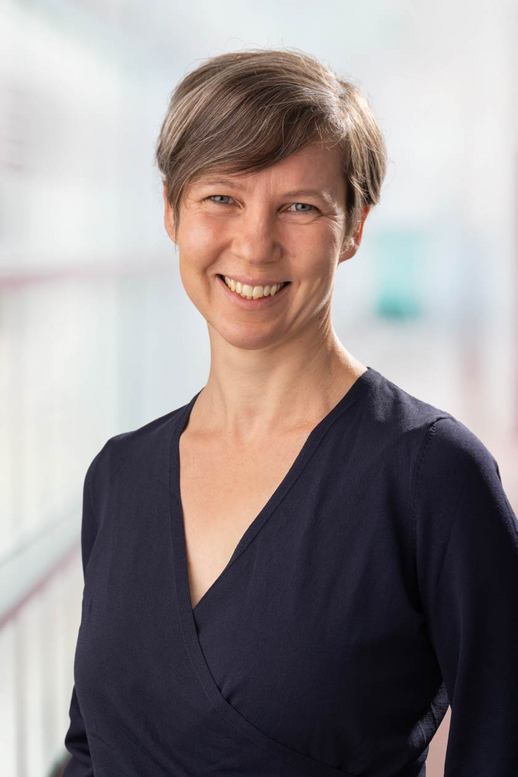The epithelial linings of skin, colon or lungs act as barriers between the internal and external organ environment. The exposed position of epithelial tissues makes them susceptible to injury and even tumorigenic transformation. My lab investigates how epithelia sense, assess and respond to these challenges. In CIBSS, we specifically investigate how stress signals drive gene expression programs during wound healing, and how these in turn facilitate crucial cell behaviors, such as resistance to ROS stress, metabolic reprogramming, and ultimately, regenerative proliferation. We integrate spatial information of wound field patterning with a temporal analysis of tissue damage on transient and chronic time scales. We combine different genomic approaches with the excellent experimental tractability of the Drosophila system to explore these questions in vivo. Our work aims to uncover fundamental principles to address medical conditions with tremendous societal impact, such as chronic wound healing pathologies and inflammation-associated disorders of ageing, diabetes and cancer.
Keywords
Regeneration, Drosophila, Chronic Wounds, DamID, JNK






